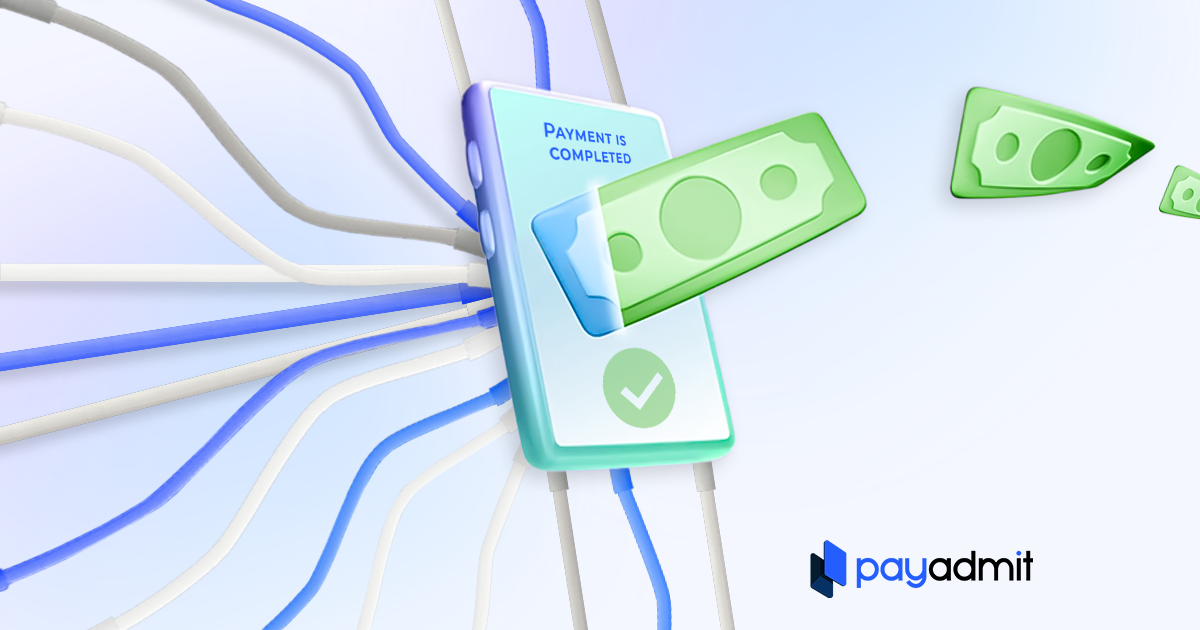The shop pays an interchange fee each time a credit or debit card payment is processed. According to the interchange definition, this charge is intended to pay for the expenses related to accepting, processing, and approving transactions.
What is it?
What is the interchange meaning? In the payment business, interchange charge refers to the cost incurred by banks when accepting card-based transactions. A tiny set charge plus a percentage of the overall sale will often be included in an interchange fee. These percentages might change depending on the card the customer uses, the merchant category number assigned to the company handling the transaction, as for interchange fees definition.
How does it work?
It operates as follows:
- When a customer uses a card to make a transaction, various activities, such as processing the payment, must take place concisely.
- The exchange charge pays for the expense of this procedure.
- The bank that issues the card used to make the purchase receives most of the exchange charge.
Some exchange fee charges come under criticism from authorities, who contend that credit issuers make excessive profits from these routine transactions.
Pros and cons
Businesses can pay for the speedy processing of transactions with the aid of interchange fees. They are typically a necessary component of conducting business. But if you run a small business and want to spend less on interchange fees, seek a credit processing provider with a pricing structure that might minimize your overall swipe charge expenses.




